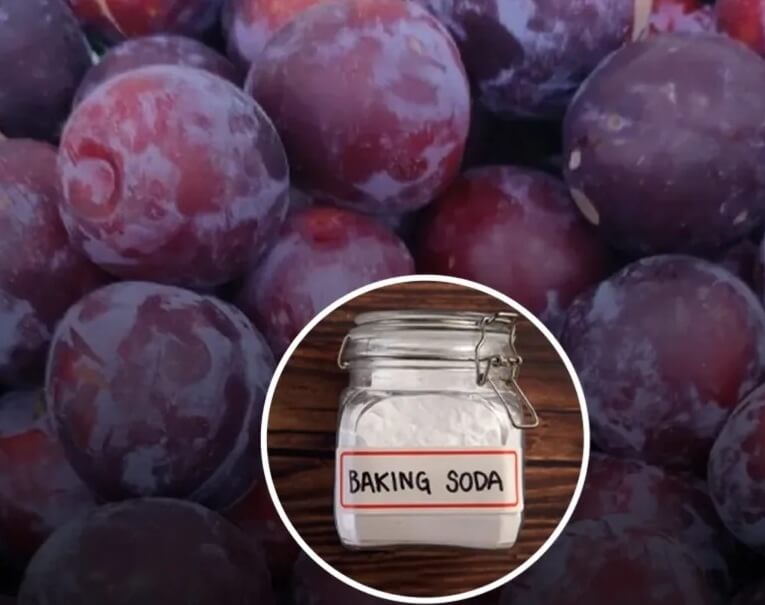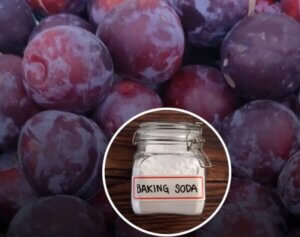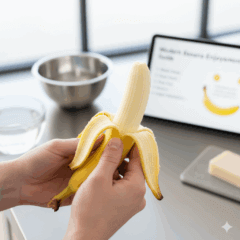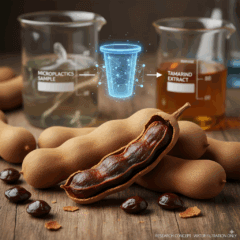Remove Pesticides Naturally: Baking Soda vs Vinegar & Water Which Works Best?
Eating fresh fruits and vegetables is essential for a healthy lifestyle, but harmful pesticide residues often remain on the surface even after washing. According to studies, baking soda is more effective than vinegar or plain water in removing pesticides from produce. In fact, soaking your fruits and vegetables in a simple baking soda solution can help eliminate up to 99% of pesticide residues.
Is Baking Soda Better Than Vinegar and Water?
Most people rinse their produce with plain water or sometimes vinegar, but these methods are not always effective.
- Plain Water: Removes dirt and some surface residues, but not oil-based pesticides.
- Vinegar: Works better than water, but may leave a sour taste and still doesn’t remove all residues.
- Baking Soda: Research shows that soaking fruits and vegetables in baking soda solution is the most effective at breaking down common pesticides.
Conclusion: Baking soda is a safer, more powerful, and natural way to clean your produce.

How to Use Baking Soda to Remove Pesticides
Here’s a simple method you can use at home:
- Take 2 cups of water in a bowl.
- Add 1 teaspoon of baking soda.
- Soak your fruits and vegetables for 10–15 minutes.
- Rinse with clean water before eating.
This process helps remove many surface-level pesticides and dirt, making your produce safer to eat.
Why This Matters
Pesticides have been linked to:
- Hormonal imbalance
- Neurological problems
- Increased cancer risks
- Health issues in children and pregnant women
By adopting natural cleaning methods like baking soda or alkaline water, you significantly reduce your risk of consuming harmful toxins.
Using Baking Soda for Cleaning Produce
- 100% Natural and Safe
- Removes up to 99% of pesticides
- Affordable and easily available
- Does not affect taste or texture of fruits and veggies



